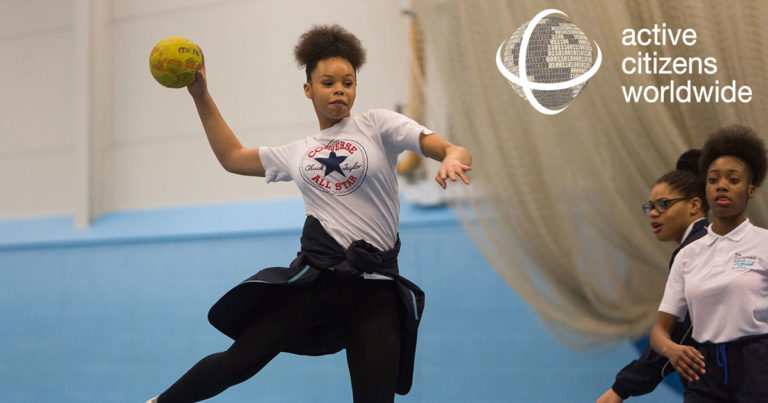Following the launch of Active Citizens Worldwide in February 2018, representatives from the programme’s Founding Cities of London, Auckland and Singapore came together today to launch the first Annual ACW Report at the World Cities Summit in Singapore.
Active Citizens Worldwide (ACW) is a global initiative set up to help cities across the world achieve a step-change in the physical activity levels of their citizens. ACW uses data and analytics to provide policymakers with better knowledge, insights and ideas, and through multi-city collaboration, best-practice sharing and global benchmarking, help transform the physical activity profiles of their cities.
Under the theme of social resilience, the Founding Cities of ACW came together at today’s World Cities Summit to share findings from the first year of collaboration, and discuss how sport and physical activity can further contribute to social resilience at the individual, community and city level.
Building on existing metrics and indicators, the cities identified a need and an opportunity to design and introduce an improved way of measuring sport and physical activity participation that is non-binary, globally consistent and incorporates measures across the three key dimensions of type of activity, duration and intensity.
The Annual Report covers the key insights and findings on the current situation, what is driving physical activity, and what is the estimated value of physical activity across the three cities.
For the three cities combined, the total annual value of participation in sport and physical activity is estimated at US$16.4bn, which includes:
- Annual health-related benefits: US$513m in healthcare savings; US$622m boost in productivity; over 2000 deaths prevents; and, 68,000 Disability-Adjusted Life Years (DALYs) saved
- Annual direct and indirect economic impact: US%15.2bn through participation consumption (US$9.6bn) and workforce contribution (US$5.6bn), representing up to 2% of the GDP for cities
- Annual value of societal benefits: US$3.5m through crime prevention, US$60m from improved education attainment; over 1bn hours of positive social interaction; and a 4% increase in self-rated happiness
Analysis also showed that the greatest variations in the levels of physical activity are related to socio-economic factors. In ACW cities, people from lower socio-economic status are as much as 30% less active than people from the higher classes.
Across all three cities, older people tend to be less active than their younger counterparts, but at different rates of decline – indicating that it is not necessarily age per se that drives propensity for physical activity, but age-specific lifestyle factors, such as the role of schools and education programmes for young people, or work/life challenges in adult life.
A new analysis, relating to the relative impact of different factors on an individual’s propensity to be physically active that takes into consideration their socio-demographic profile, has started to shed light on the specific interventions for different target groups.
The ACW findings from the first year have already helped to secure enhanced budgets for sport and physical activity in one Founding City, and contributed to a redesign of physical activity surveying in another.
Tove Okunniwa, Chief Executive of London Sport, said:
The analysis contained within the first Active Citizens Worldwide Annual Report paints a compelling picture of the value of physical activity and sport in cities across the world. The commonalities and the differences we see across Auckland, London and Singapore are instructive in enhancing our understanding of what currently works well for physical activity, as well as areas that may require new thinking, if we are to successfully support all Londoners to live physically active lives.
Building on a highly successful first year, the second year of ACW will see new cities joining the programme as ACW expands both its breadth and depth.





